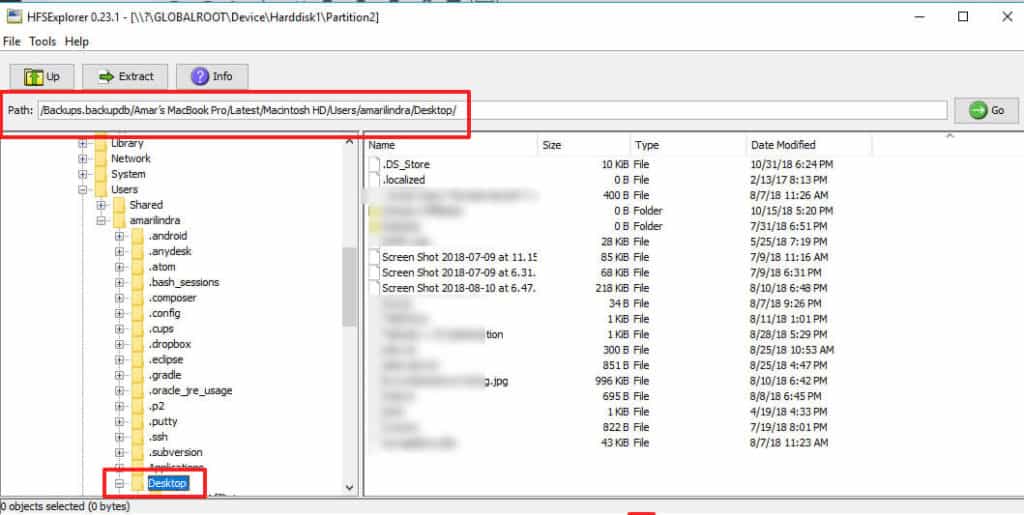

Time Machine simply asks you where to back up, then does it. They back up every bit as well as Time Machine does, but they are neither easy to learn nor easy to use for those who haven’t boned up on backup concepts. Don’t get me wrong-Genie Timeline and Macrium Relfect are powerful programs. Okay, I cheated a bit with my choice of screens by showing data selection, but the restore screens really aren’t any better. Reflect Free 6 offers tried-and-true image backup, but it’s hardly what the average user would consider easy. The mere fact that there are different utilities in different places is in and of itself an obstacle for users.Įven a simple backup program for Windows such as Genie Timeline can be bewildering to the average user. While all these Windows backup facilities can be used effectively in combination, they aren’t obvious or particularly easy. Then there are Restore Points and Recovery Disks. This became apparent when I started switching users from hard drives to SSD a few years back.

#Mac time machine for windows Pc
If you want the ability to restore your entire system in one simple step, you need to use the fetchingly named, Backup and Restore (Windows 7), which historically only been reliable restoring to the same PC and hard drive it backed up. To Microsoft’s credit, File History works a lot like Time Machine by backing up to an external drive and keeping revisions of your data, but it backs up data only from certain locations. Is it a history, or a backup? How many users never find out? On the other hand, with Windows you have to search out the boring and ambiguously named File History. It would be nice if it backed up the Boot Camp partition, though. Most users don’t even want to know about that. Time Machine allows you to exclude files from the backup.


 0 kommentar(er)
0 kommentar(er)
